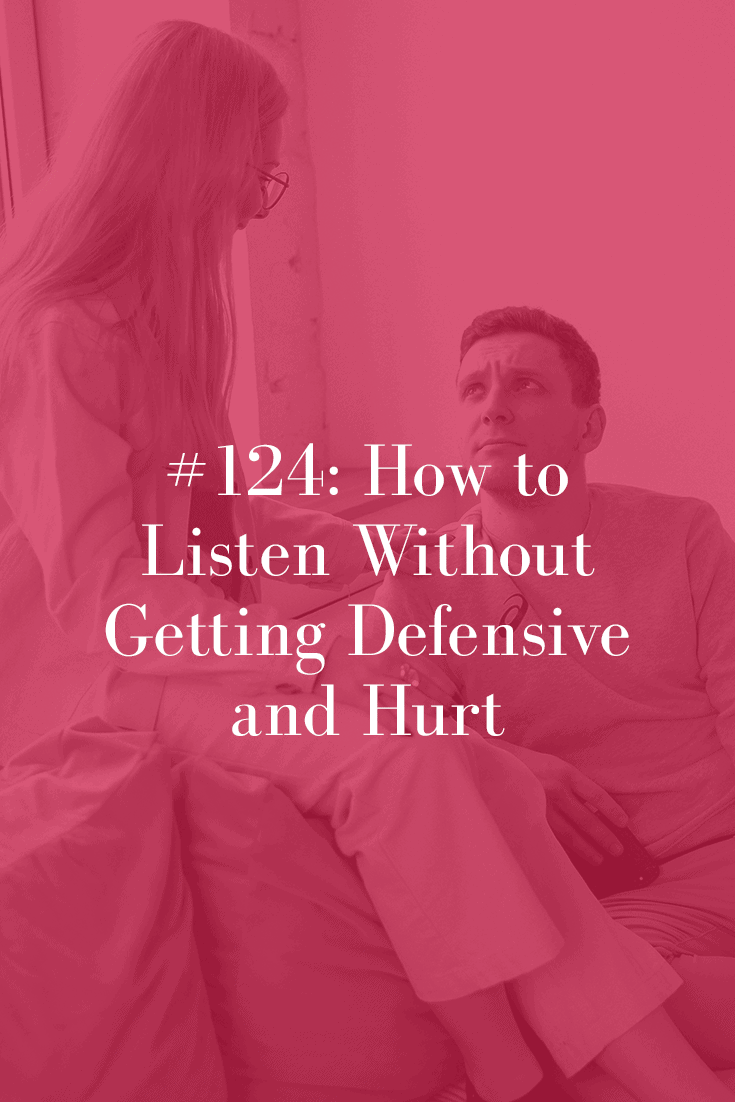
Do you get defensive or hurt when listening to someone who’s upset with you (or just upset in general)? It doesn’t matter if it’s your partner, friend or a work colleague — it’s so easy to get defensive and butt-hurt when they’re coming at you with something they’re upset about. When you get into a fear-based emotion yourself, you end up with a conversation that spirals down and you both walk away feeling misunderstood, unhappy and disconnected.
What’s the answer? You can listen without getting hurt and have a great outcome if you follow my quick and easy, seven step process.
You absolutely can have one of those difficult conversations without getting defensive or hurt (or at least without allowing the hurt to ruin the dialogue). The biggest problem people have is that they’re not prepared correctly for the conversation.
You need to put as much energy into the prep as you do to the actual conversation. Once you do that, it’s incredible how great (even easy) this can go!
The 7 Steps to Listening Without Getting Defensive or Hurt
Step 1: Be Ready
You’ve got to be in the right mental frame when you’re approaching the conversation.
Step 2: Identify a Time and Place
Don’t have these conversations “on the run” or as a “by the way.” Set up a time and place that makes sense to have a connecting talk.
Step 3: Set Intention
State your intention out loud first (both parties, if possible). What’s your intention for this conversation?
Step 4: Be Curious
Actively think of being curious during this conversation.
Step 5: Stay Mindful During the Talk
Keep noticing your reactions. When you notice yourself getting defensive or angry, bring yourself back to present.
Step 6: Ask Clarifying Questions
It’s important to remember that the other person’s complaint, comments or feedback is about what they need, not what you need. Listen for what they need, which isn’t always what they’re asking for. Asking clarifying, collaborative questions after they’re done speaking is the way to go.
Step 7: Take Responsibility
No matter what is said to you, in whatever way, you still have responsibility in this relationship.
Remember, If you can’t find anything you can do or say to move things along then you’re not looking at your own issues. If you’re still feeling hurt and upset by this person, that’s your responsibility. Your feelings are your responsibility. Your boundaries are your responsibility. Your reactions are your responsibility.
This isn’t about blame! Do the one next thing you can and don’t give up and you’ll soon learn how to listen without getting defensive or hurt on a regular basis!
Resources and Links:
RAS: How to Focus on What’s Right Instead of What’s Wrong in Your Relationship
Eight Rules for Giving Great Feedback
How to Apologize for Real (and Why It’s So Hard!)












